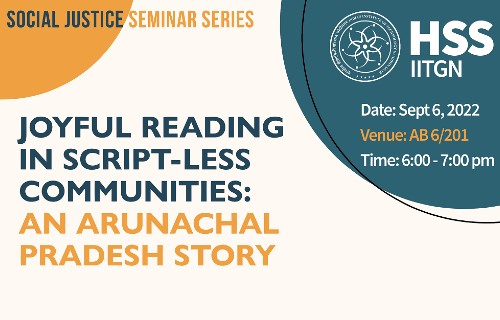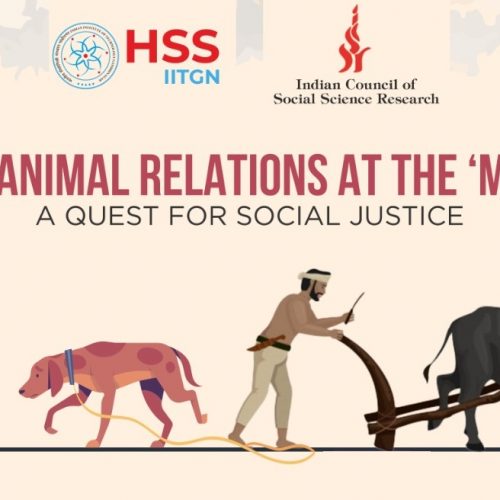About the speaker: Ashwin Tripathi explores social aging, time allocation, and leisure practices among older adults in her doctoral work. She specialized in Social Anthropology from Queen’s University of Belfast for her MA, where her research focused on the Indian immigrants in the UK and on developing care models within the community. She has also worked as an independent researcher with the Indian Community Centre (Belfast) and ArtsEkta. Her research interests include areas of Social Anthropology, Sociology of Ageing, and Population Studies.
Abstract: We contend that the concept of “leisure” in non-western settings offers a conflation of the productive with the “unproductive” (care and housework) throwing into sharp relief the limitations of traditional measurement indicators. As such, we set out to offer a conceptual framework to understand change and continuity in post-retirement/later life domesticities of middle-class households by focusing on time allocation among older persons. Based on a Time-Use study design that included 24-hour time diaries for a month in urban Ahmedabad (in the western state of Gujarat, India), we show how the household becomes a site of reproduction on inequality in the burden of care and domesticity from a gender and life-course perspective. We contend that the importance of feminist scholarship and family research in addressing these gendered social expectations notwithstanding, there remains a systematic overlooking of the intersection of age with family and care-work in India. Results from our study highlight gendered conceptual incongruence in the meanings of leisure (free time) where older women interpreted free time very differently than men. Specifically, older women’s understanding of leisure remained firmly lodged within the patriarchal demands of care and intimate sociality whereas men’s were reflective of self-expression, freedom and individual choice. Since leisure is known to have crucial links with empowerment, identity and resistance, our conceptual reframing of leisure through the interlocking angles of access, rights and freedom (to pursue “unproductive” pursuits) offer a rethinking of leisure as a political practice in the global south.




